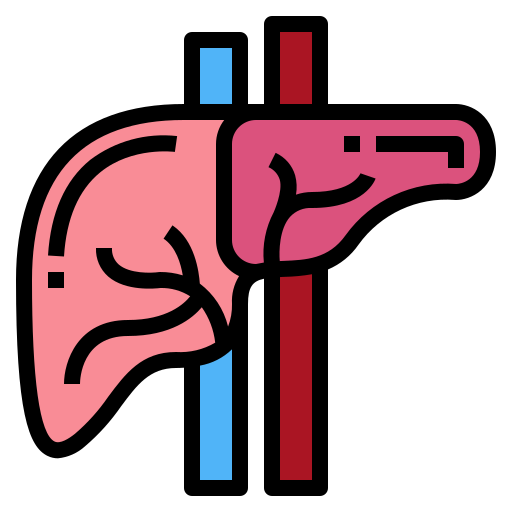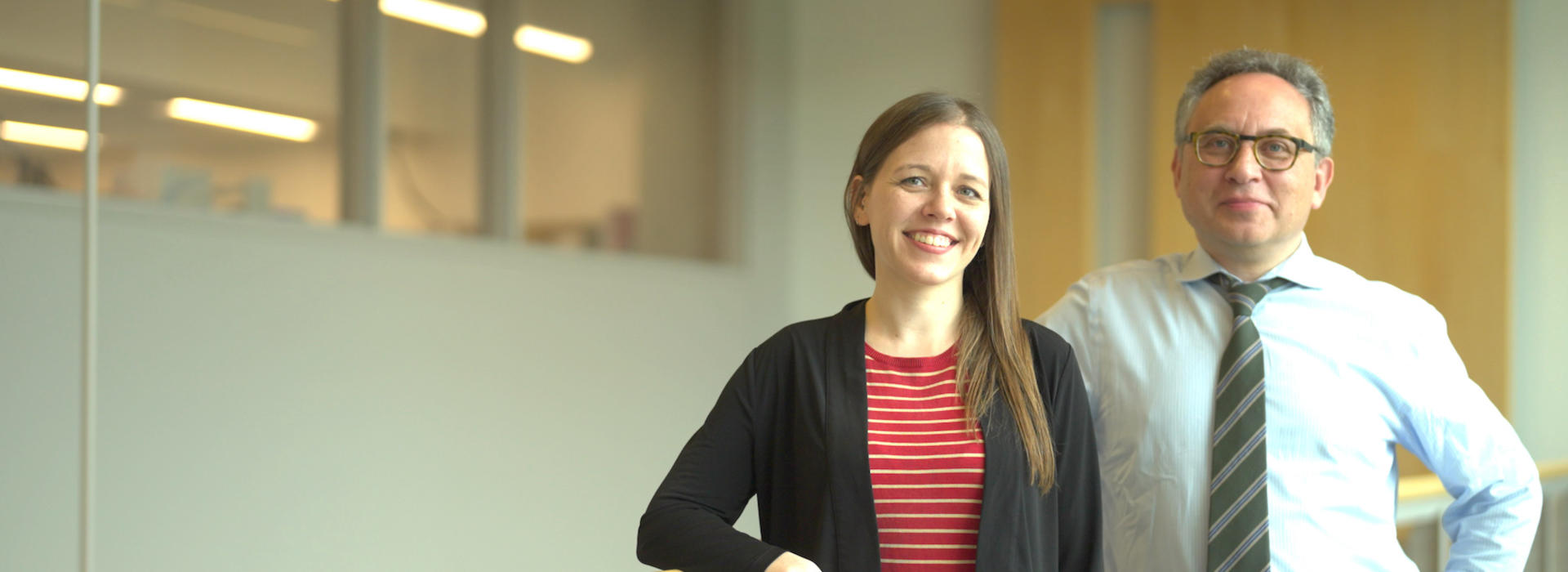
Heralding in a new frontier of research and treatment: Inside the Microbiome
Heralding in a new frontier of research and treatment: Inside the Microbiome
Founded in 2012, the U of M intestinal microbiota donor program was the first of its kind worldwide. Over 1000 patients have received IMT free of charge through the program. Over 100,000 patients have benefited from the protocols established through the U of M Microbiota Therapeutics Program.
In medicine, we know that treating one symptom may set off a chain event that causes unintended consequences. Antibiotic treatments, vital for treating bacterial conditions, can destroy some of the 100 trillion bacterial cells in your intestine, leading to C. difficile, a disease that can be fatal to older adults or those with comprised immune systems. As the use of antibiotics continues to rise, we are seeing C. diff infection rates increasing as well. The CDC estimates that C. diff causes 14,000 deaths yearly, with a total cost in the US of $6.3 billion. Even more perplexing to researchers is that antibiotics are the standard of care for treating C. diff.
The University of Minnesota Medical School has been leading innovative work in this area through its Microbiota Therapeutics Program (MTP)- the first of its kind worldwide. Founded in 2008, the MTP is a new frontier of medicine that uses next-generation microbiota-based therapeutics to treat C. diff and other diseases. In 2012, Dr. Alexander Khoruts, Professor of Medicine in the Division of Gastroenterology, Hepatology and Nutrition, performed the first microbiota transplant via colonoscopy. Since then, the treatment has evolved into a 5 capsule protocol that has shown a 98% success rate in treating C. diff infections. The University of Minnesota’s Molecular & Cellular Therapeutics facility now supplies these capsules to OpenBiome, a nonprofit dedicated to expanding safe access to IMT to catalyze research into the human microbiome.
In June 2022, research published in Clinical Infectious Diseases found that IMT is an optimal cost-effective treatment for first recurrent C. diff infection, going against the current standard of care that uses antibiotics to treat this disease. IMT is currently a last resort for people with recurrent C. diff. The University of Minnesota Microbiota Therapeutics Program is hoping to change this for patients and their families, building off of our strengths in basic sciences and immunology to explore this new frontier.
By the Numbers
1000+ IMTs performed;
98% success rate;
20,000+ IMT capsules produced;
$0 cost to patients.
Current clinical trials using IMT:

Leukemia

A Randomized Placebo-Controlled Clinical Trial of Fecal Microbiota Transplantation in Patients With Acute Myeloid Leukemia and Allogeneic Hematopoietic Cell Transplantation Recipients.
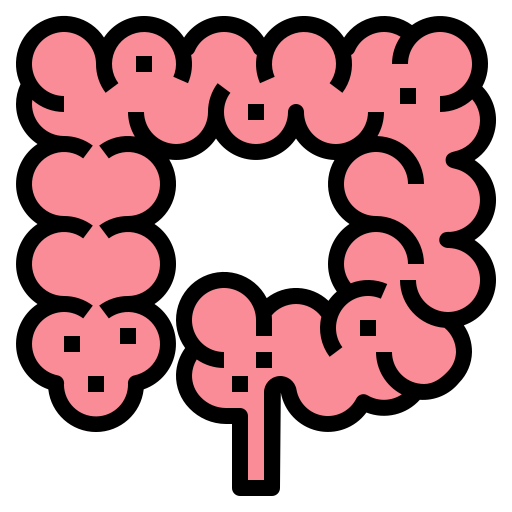
Ulcerative Colitis

This study examines how daily IMT capsules from healthy individuals with low or undetectable amounts of the bacteria that create H2S affect ulcerative colitis. The main goal of the study is to see if we can change the gut bacteria to decrease H2S production.

Autism Spectrum Disorder

Investigating Microbiota Transfer Therapy (MTT) for treating children with Autism Spectrum Disorder (ASD) and gastrointestinal problems (primarily constipation and/or diarrhea).
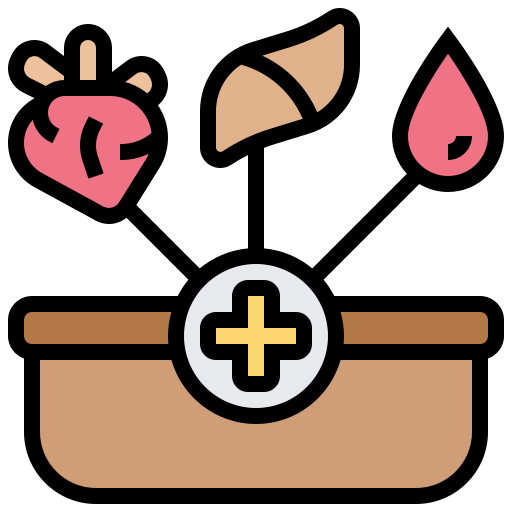
Solid Organ Transplant Recipients and C.Diff

Fecal Microbiota Transplantation for C. Difficile infection in solid organ transplant recipients.
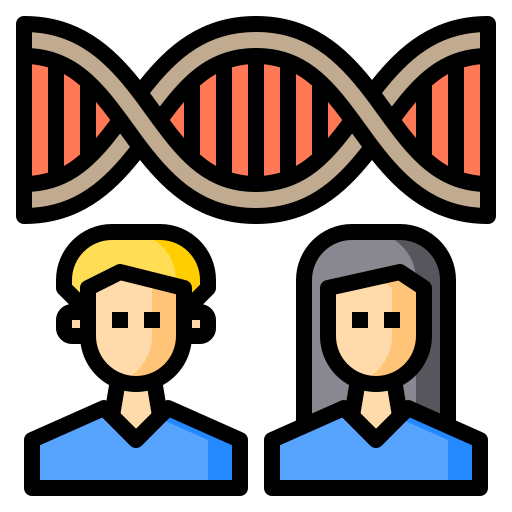
Pitt Hopkins Syndrome

Investigating Microbiota Transfer Therapy (MTT) for treating patients with Pitt Hopkins Syndrome (PTHS) and gastrointestinal problems similar to Irritable Bowel Syndrome (IBS).
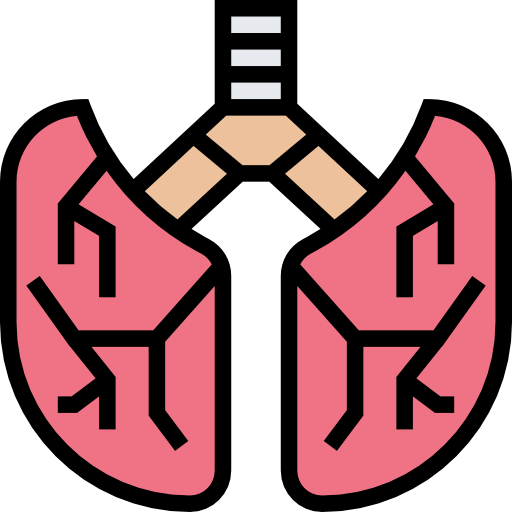
Lung Cancer

This is a randomized, active-controlled, parallel-group, double-blind Phase II trial, of oral restorative microbiota therapy (RMT) or placebo combined with intravenous (IV) durvalumab (MEDI4736) plus chemotherapy in patients with treatment naïve advanced or metastatic adenocarcinoma non-small cell lung cancer (NSCLC).
A Deadly Germ & The Dynamic Duo with a Promising Therapy
Amanda Kabage finally had an accurate diagnosis after months and months of debilitating diarrhea. The University of Minnesota researcher suffered from Clostridium difficile infection (C. diff). Amanda, 32 at the time, did what any scientist would do: Investigate the disease that had sidelined this avid runner and world traveler. She was excited when she learned that Dr. Alexander Khoruts, a gastroenterologist at the U of MN, pioneers a highly effective treatment—a microbiota transplant.
Visual representation of healthy microbiomes vs. C.diff infected microbiome
University of Minnesota BioTechnology Institute
